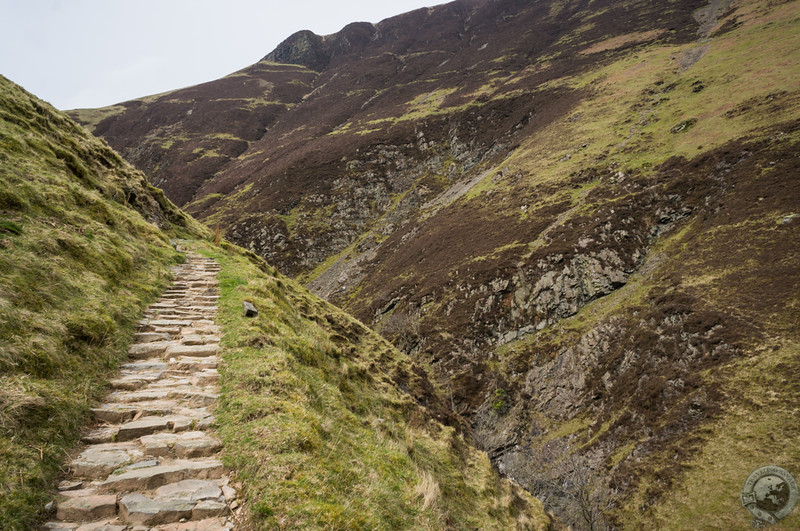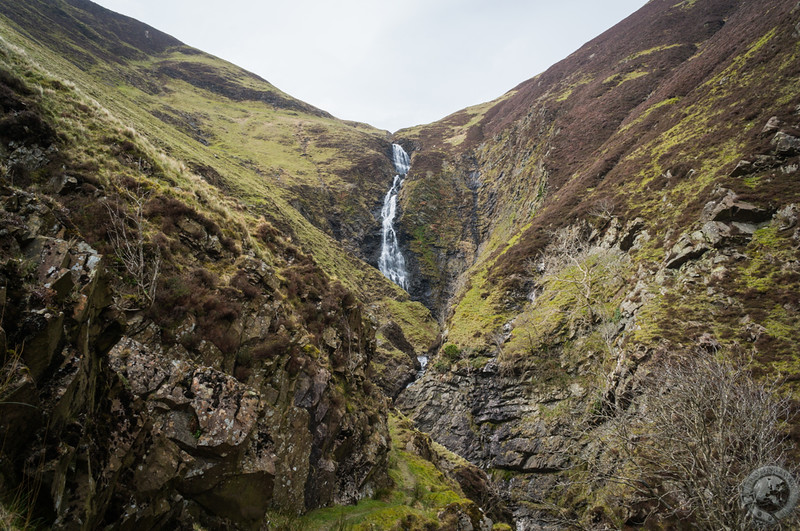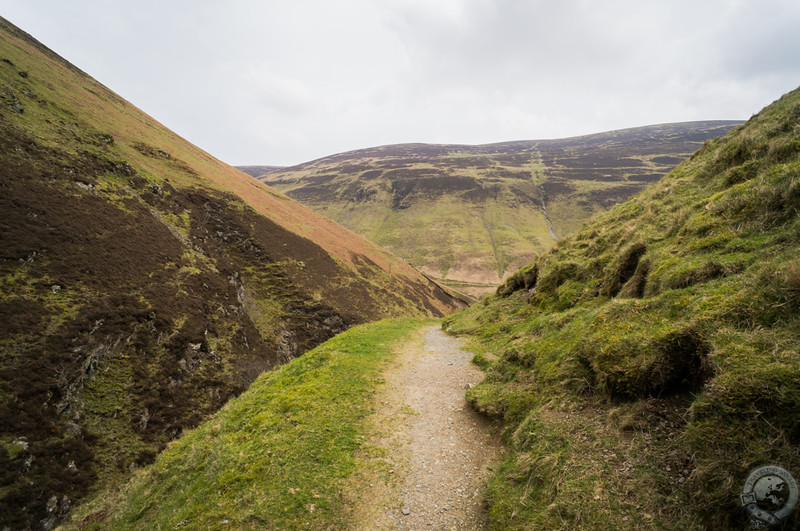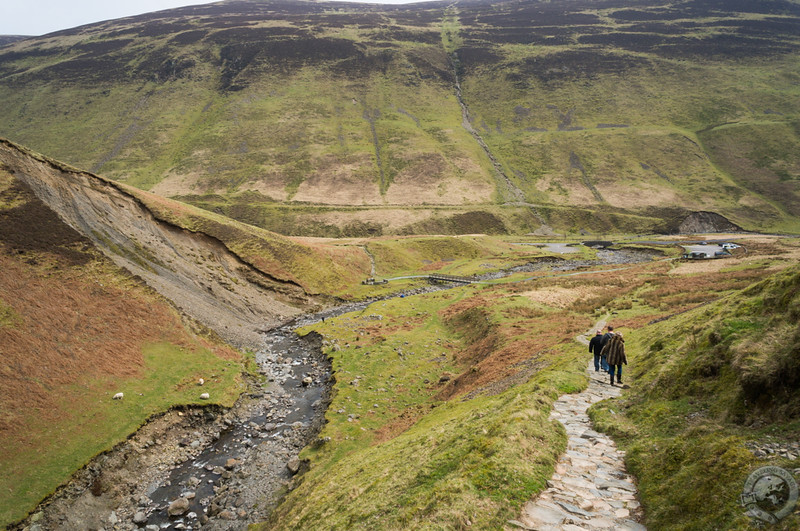I hope you’ve enjoyed the last several months of coverage of my travels through Dumfries & Galloway. Southwest Scotland is littered with impeccable ruins, swaths of deserted wilderland, and old market towns brimming with character.
Today, I move eastward across the M74 into the land known as the Scottish Borders, a rural and hilly region shot through by the famous River Tweed. The Borders shares a rich history with Dumfries & Galloway, but it was this region that saw the fiercest fighting with the English during the Wars of Independence. Here you’ll find plenty of ruined abbeys and sentinel tower houses, tales of border reivers, and a cluster of quintessentially Scottish towns in Melrose, Kelso, and Jedburgh. Though less overlooked than Dumfries & Galloway, the Scottish Borders do not receive the attention they deserve from visitors.
There are only a couple of routes into the Scottish Borders from Dumfries & Galloway, and the one I chose was a small, white road, the A708, shooting northeast from the town of Moffat. This narrow road climbs into the southern uplands and then runs along an ancient stream bed, the Moffat Water Valley, between bald hills that remind me of the far northern highlands. It is a scenic route that takes in some of the Scottish Borders’s wilder country before coming to an end at Selkirk in the Central Borders. The main reason for choosing this route, however, was the chance to stop at the National Trust for Scotland’s Grey Mare’s Tail Nature Reserve.
Grey Mare’s Tail Nature Reserve is a popular hiking spot in the far northeastern part of Dumfriesshire – just on the border of the Borders – that is renown for the magnificent hanging waterfall known as the Grey Mare’s Tail. The waterfall is created by the Tail Burn flowing out of upraised and unseen Loch Skeen and over the lip of the hills into the Moffat Water below.
A stone stair gradually climbs up the slope from the gravel parking area, hugging the edge of the steep groove cut into the hill by the water. A misstep would be disastrous. The path continues over moss and broken rocks and along the rough edge of the little valley before winding toward a view of the Grey Mare’s Tail.
This is a quick hike up to a view of the waterfall, but those seeking more can take a different path up to the White Coomb, the tallest hill in Dumfriesshire, and explore the post-glacial terrain with its evidence of Iron Age settlement. The Grey Mare’s Tail Nature Reserve feels like a displaced span of the highlands, as when exploring this area you can’t help but feel extremely far from civilization.
As I left Grey Mare’s Tail and continued on into the Borders I passed the beautiful and austere Loch of the Lowes and St. Mary’s Loch. I had a good feeling about where the trip was leading me, and in the comings months you will get to read about all of my adventures in the Scottish Borders, from the most famous abbeys in Scotland to some of the most unique accommodations I’ve stayed in.
Stick around and see what the Scottish Borders have to offer!
Disclosure: The National Trust for Scotland provided me with complimentary access to Grey Mare’s Tail Nature Reserve. All thoughts and opinions expressed here are my own.





Looks like one of natures paradises.
[…] arrived to the Borders via the Grey Mare’s Tail and passed through Selkirk on my way to St. Boswells and Whitehouse Country House. At the time I […]
I feel like a fool downplaying Scotland’s highlands in my mind for not being as high as mountains like the Alps at one point in my life … clearly, there is more to beauty than size!
It’s true – there’s something otherworldly or beyond comprehension about the Highlands that makes them a cut above.
[…] with Dumfries & Gallow that is renown for the magnificent hanging waterfall known as the Grey Mare’s Tail. The hike up to the waterfall is quick, but those seeking more can take a different path up to the […]